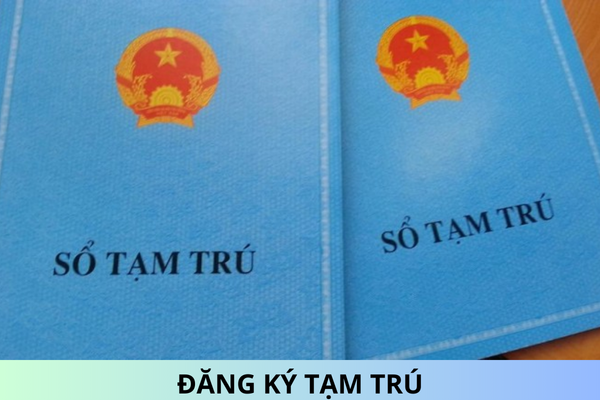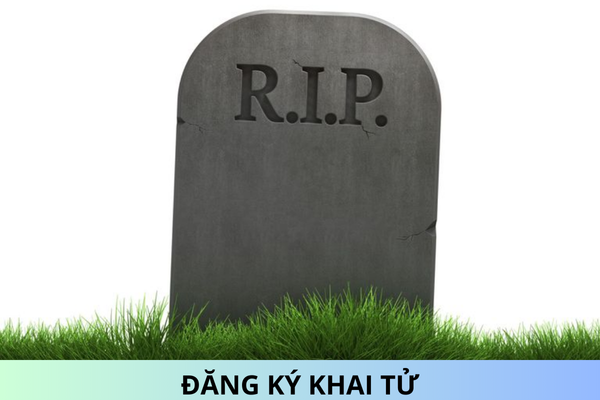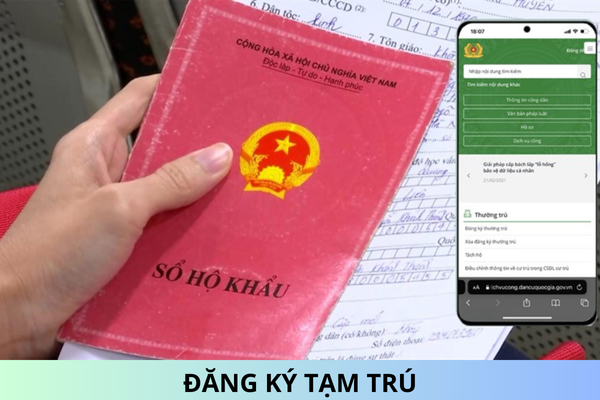If an heir under a will dies before the testator, will that person's children inherit the inheritance in Vietnam?
If an heir under a will dies before the testator, will that person's children inherit the inheritance in Vietnam? What is statute of limitations to request division of inheritance according to a will in Vietnam?
Because my grandfather was sick, he wrote a will to leave his personal assets to the family as follows: my uncle (49 years old, normal health) 01 billion, my father (46 years old, normal health), my aunt ( 42 years old, normal health) and my grandmother have 01 house. He left all the remaining common property to her. He wrote the will in 2018, but in 2020 my father passed away due to a traffic accident. In 2021, my grandfather passed away but his assets have not yet been divided. Now that I have returned from studying abroad, I want to divide his inheritance and we, as my father's replacement children, receive the inheritance according to my grandfather's will? Thank you!
If an heir under a will dies before the testator, will that person's children inherit the inheritance in Vietnam?
Pursuant Article 643 of the 2015 Civil Code stipulates legal effectiveness of wills as follows:
1. A will shall become legally effective from the time of commencement of the inheritance.
2. All or part of a will shall be legally ineffective in any of the following cases:
a) An heir under the will dies prior to or at the same time as the testator dying;
b) A body or organization named as an heir no longer exists at the time of commencement of the inheritance.
Where there are several heirs under a will and one of them dies prior to or at the same time as the death of the testator or one of the bodies or organizations named as an heir under the will no longer exists at the time of commencement of the inheritance, only that part of the will which relates to the individual, body or organization no longer existing shall be legally ineffective.
3. A will shall not be legally effective if the estate left to the heirs no longer exists at the time of commencement of the inheritance. If only part of the estate left to the heirs remains, only that part of the will which relates to such part of the estate shall be legally effective.
4. Where a will contains provisions which are unlawful but such provisions do not affect the effectiveness of the remainder of the will, only such provisions shall be legally ineffective.
5. Where a person leaves behind more than one will with respect to certain property, only the most recent of such wills shall be legally effective.
In Article 649, Article 652 of the 2015 Civil Code Chapter XXIII Inheritance according to law stipulates as follows:
Article 649. Inheritance at law
Inheritance at law means inheritance in accordance with the order of priority of inheritance and the conditions and procedures of inheritance provided by law.
Article 652. Succeeding heirs
Where a child of a testator died prior to or at the same time as the testator, the grandchildren of the testator shall inherit that part of the estate which their father or mother would have been entitled to inherit had such father or mother still been alive. If the grandchildren also died prior to or at the same time as the testator, the great-grandchildren of the testator shall inherit that part of the estate which their father or mother would have been entitled to inherit had such father or mother still been alive.
Thus, because your father died before your grandfather, the part of the will related to your deceased father will not be valid, the parts of the will for other people in the will will still be valid. And succession inheritance is in the chapter on inheritance under the law, so you cannot inherit succession according to the will and enjoy your father's inheritance according to your grandfather's will in Vietnam.

If an heir under a will dies before the testator, will that person's children inherit the inheritance in Vietnam? (Image from the Internet)
What is statute of limitations to request division of inheritance according to a will in Vietnam?
The statute of limitations for requesting division of inheritance is specified in Article 623 of the 2015 Civil Code as follows:
1. The prescriptive period with respect to a claim of an heir for distribution of an estate shall be thirty years regarding immovable property or ten years regarding movable property from the time of commencement of the inheritance. Upon the expiry date of the aforesaid period, the estate shall belong to the estate administrator. In case where there is no estate administrator, the estate shall be dealt with as follows:
a) It shall belong to the person possessing it as prescribed in Article 236 of this Code;
b) It shall belong the State if there is no possessor prescribed in Point a of this Clause.
2. The prescriptive period with respect to a claim of an heir for a declaration of right of inheritance of the requester or to disallow the claim to inheritance of another shall be ten years from the time of commencement of the inheritance.
3. The prescriptive period with respect to a claim for an heir to fulfill property obligations of the deceased shall be three years from the time of commencement of the inheritance.
According to the above regulations in Vietnam, the statute of limitations for heirs to request division of inheritance is 30 years for real estate, 10 years for movable property, from the time of opening the inheritance. If at the end of this time limit there is no request to divide the inheritance, the inheritance belongs to the heir who is managing that estate. In case there is no heir who is managing it, it will be handled according to the regulations above.
Best regards!










